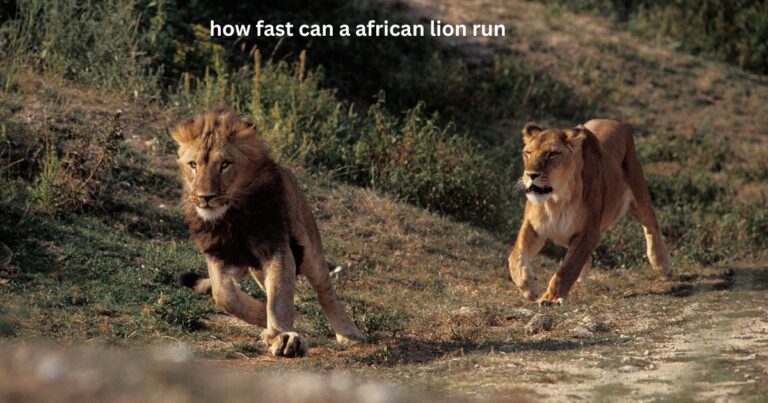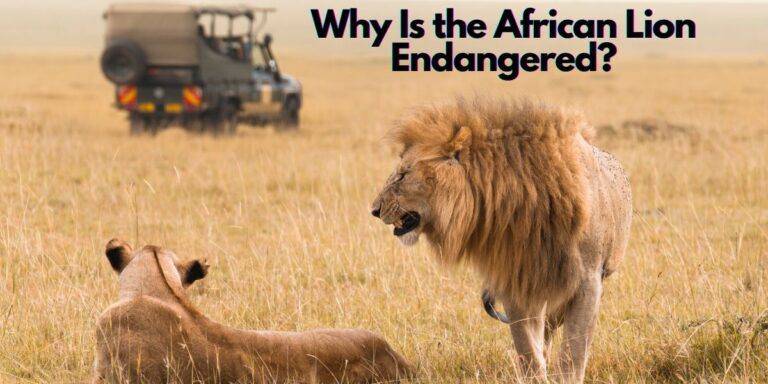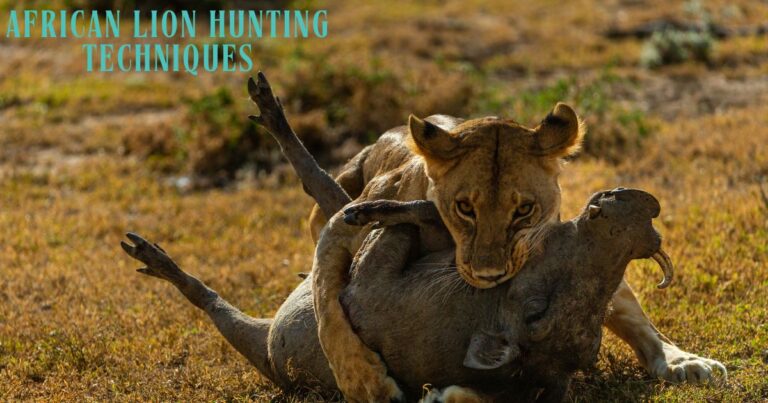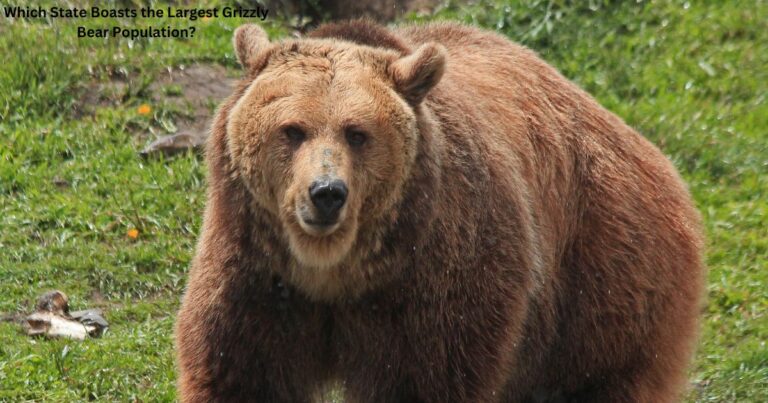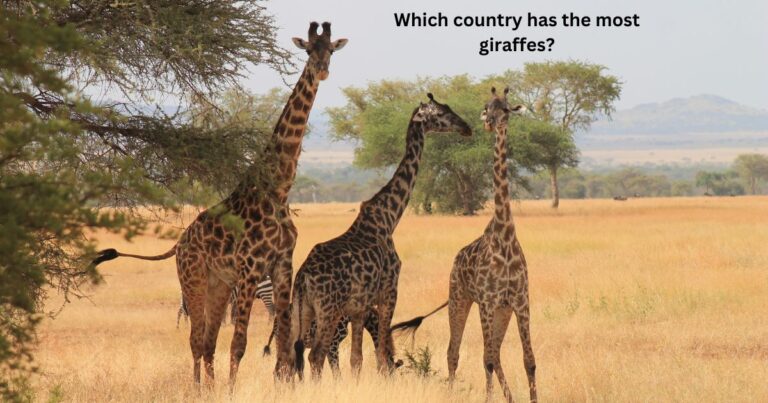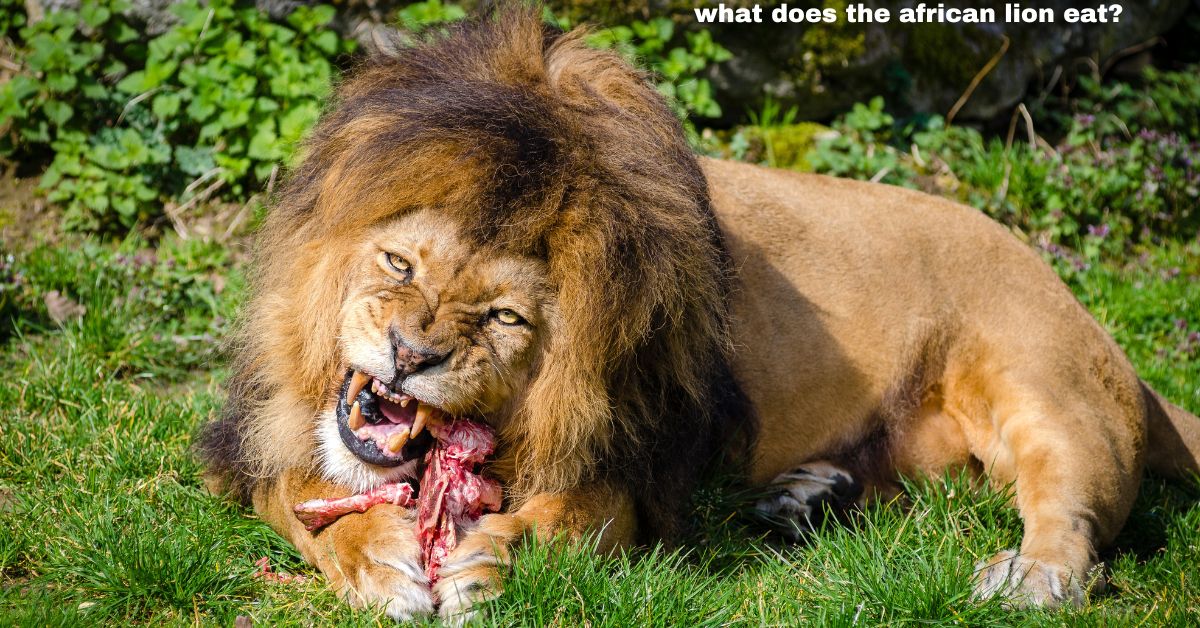
Introduction
What Does the African Lion Eat?
The African lion, regularly insinuated to as the “king of the jungle,” is a wonderful and competent predator. Lions are social animals living in bunches called prides, and their tally of calories is a noteworthy portion of their survival in the wild. Understanding what African lions eat makes a difference, us appreciate their part in the ecosystem and the challenges they confront in their characteristic territory. This exposition will investigate the count of calories of African lions, counting their primary prey, hunting methodologies, advantages, and disadvantages of their dietary habits, and a comparison table of their food sources.
African Lion’s Diet
| Prey Type | Frequency of Consumption | Nutritional Value | Hunting Strategy |
|---|---|---|---|
| Zebras | High | High | Group stalking |
| Wildebeests | High | High | Group stalking |
| Antelopes | Moderate | Moderate | Group stalking |
| Buffalo | Low | Very High | Group hunting |
| Hares | Low | Low | Individual hunting |
| Birds | Low | Low | Individual hunting |
| Carrion | Moderate | Varies | Scavenging |
What Does the African Lion Eat in the Wild?
African lions fundamentally eat meat, making them commit carnivores. Their diet comprises basically of huge herbivores that they hunt in the wild. A few of the most common prey animals include:
Zebras
These striped animals are a favorite target for lions. Their size gives a significant feast, but their strong kicks and bunch defense instruments make them challenging prey.
Wildebeests
Another staple in the lion’s count of calories, wildebeests are copious in the African savanna. Lions frequently hunt them during the yearly relocation when expansive groups move over the plains.
Buffalos
Cape buffaloes are among the most unsafe prey for lions due to their measure, quality, and animosity. Be that as it may, they are moreover a profoundly fulfilling capture, giving a critical amount of meat.
Antelopes
Different species of eland, such as impalas and gazelles, are moreover common prey. These animals are more spry and speedier than bigger prey, requiring lions to utilize stealth and cooperation to capture them.
Giraffes
Whereas less common, lions do once in a while chase giraffes. The sheer size of a giraffe makes it a challenging target, but moreover a profoundly nutritious one.
Main Diet of African Lions
- African lions primarily feed on large herbivores.
- Common prey includes zebras, wildebeests, and antelopes.
- Lions occasionally hunt smaller animals like hares and birds.
- They sometimes scavenge from other predators like hyenas and leopards.
Hunting Strategies
Lions are cooperative hunters, working together to catch their prey.
They use stealth and strength, often stalking their prey before launching a surprise attack. Lionesses usually do the hunting, while males protect the pride and territory.
The Nutritional Needs of the African Lion
Protein and Fat
Lions require a high-protein diet to keep up their muscle mass and overall wellbeing. Meat gives the fundamental amino acids required for muscle repair and development. Fat is another pivotal component of their diet, advertising a thick source of vitality fundamental for their active lifestyle.
Vitamins and Minerals
Meat moreover supplies lions with imperative vitamins and minerals. For example:
Vitamin A: Fundamental for vision and resistant work, found in the liver and other organs of their prey.
Calcium and Phosphorus: Critical for bone wellbeing, gotten from the bones of their prey.
Taurine: An fundamental amino acid for cats, found copiously in creature tissues.
Water
Lions get most of their water admissions from the dampness substance in their prey. However, they will also drink from water sources such as waterways, lakes, and waterholes, particularly amid the dry season when prey is rare, and they may not get enough dampness from their food alone.
Seasonal Variations in Diet
Dry Season
During the dry season, the availability of prey diminishes, and lions regularly face challenges in finding sufficient food. They may have to travel longer separations and exhaust more vitality to find and capture prey. This season moreover sees an increase in rummaging behavior as lions take advantage of any available food sources.
Wet Season
The wet season brings an abundance of food as prey animals thrive and reproduce. The lush vegetation supports larger herds of herbivores, making hunting easier and more rewarding for lions. This period allows lions to build up their strength and store energy reserves for the harsher dry season.
Advantages of Their Diet
- Large prey provides ample food, supporting the pride for several days.
- Hunting in groups increases success rates.
- Scavenging reduces the need for frequent hunting.
Disadvantages of Their Diet
- Hunting large prey can be dangerous, resulting in injuries or death.
- Dependence on large prey means food shortages during migrations or disease outbreaks.
- Competition with other predators and humans for food resources.
Advantages and Disadvantages
Advantages
- Nutritional Needs Met: Large prey provides sufficient nutrients and energy for the pride.
- Social Structure Support: Group hunting reinforces social bonds and cooperation within the pride.
- Resource Maximization: Scavenging allows lions to utilize all available food resources, reducing waste.
Disadvantages
- High Risk: Hunting large animals can lead to injuries or death.
- Food Shortages: Reliance on specific prey can lead to starvation during lean times.
- Human Conflict: Encroachment on human settlements increases conflict and danger to both lions and humans.
Answers to Short Questions about What Does the African Lion Eat?
What do African lions primarily eat?
African lions primarily eat large herbivores like zebras, wildebeests, and antelopes.
How do lions hunt their prey?
Lions hunt their prey by stalking and then launching a surprise attack, often working together in groups.
What are the benefits of lions eating large prey?
The benefits include ample food supply for the pride, support for social structures through cooperative hunting, and efficient use of available resources.
What are the risks involved in lions hunting large animals?
Risks include potential injuries or death during hunts and food shortages during prey migrations or disease outbreaks.
Do lions eat anything other than live prey?
Yes, lions sometimes scavenge from other predators and consume carrion.
Conclusion
The diet of the African lion is an interesting perspective of their behavior and survival technique. Their preference for expansive herbivores, coupled with their agreeable chasing methods, highlights their role as pinnacle predators in the African savannah. Whereas their dietary habits give various advantages, such as assembly wholesome needs and fortifying social bonds, they too come with noteworthy risks and challenges. Understanding these elements is pivotal for preservation endeavors pointed at securing these radiant creatures and guaranteeing the balance of their normal ecosystems.

